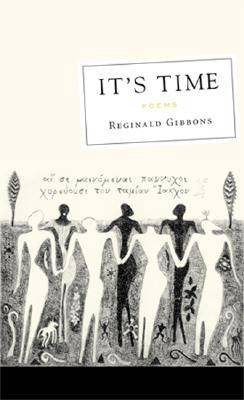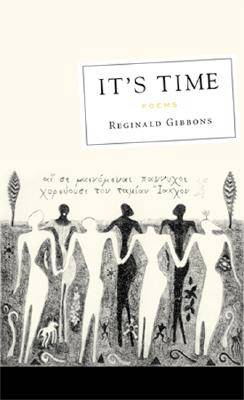
- Retrait gratuit dans votre magasin Club
- 7.000.000 titres dans notre catalogue
- Payer en toute sécurité
- Toujours un magasin près de chez vous
- Retrait gratuit dans votre magasin Club
- 7.000.0000 titres dans notre catalogue
- Payer en toute sécurité
- Toujours un magasin près de chez vous
Description
In his seventh book of verse, Reginald Gibbons ponders human consciousness and memory, the blessedness of human love, and the force and fury of human destructiveness. By turns intimate, imaginatively historical, and deeply engaged in the paradoxes of language itself, It's Time belongs to that genealogy of poetry that registers ideas as much as it does feelings.
Gibbons's short poems portray a sense of wonder at the extraordinary ordinariness of life and at the seemingly infinite complexities of identity. With intense feeling, he explores a metaphysical and philosophical vertigo, and with a quickness of thought, he ponders human feeling, experience, and perception. His occasions span celebrations, elegies, and dramatic monologues. In longer poems he uses the ancient Greeks as a trope for the complicated survival and shaping influence of the past on our attitudes and acts today. From free verse to subtle regularities of metrical or syllabic verse, from discursive arguments to surreal images, Gibbons's technical range is startling. The poems he collects in It's Time are profoundly thought through, immensely moving, and entirely indispensable.Spécifications
Parties prenantes
- Auteur(s) :
- Editeur:
Contenu
- Nombre de pages :
- 64
- Langue:
- Anglais
Caractéristiques
- EAN:
- 9780807128152
- Date de parution :
- 01-08-02
- Format:
- Livre broché
- Format numérique:
- Trade paperback (VS)
- Dimensions :
- 140 mm x 231 mm
- Poids :
- 108 g

Les avis
Nous publions uniquement les avis qui respectent les conditions requises. Consultez nos conditions pour les avis.






